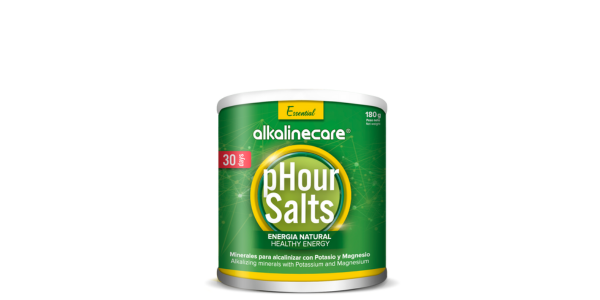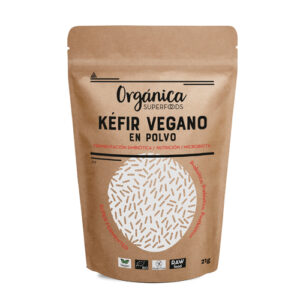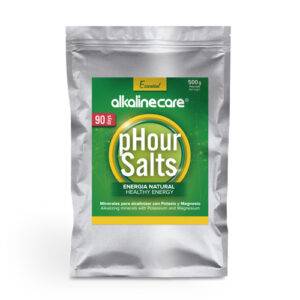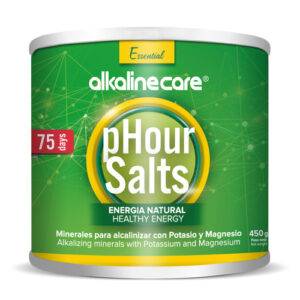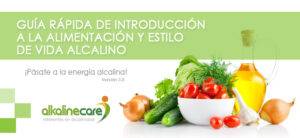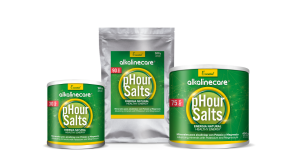In this article, we’ll delve into what cow’s milk provides us. Despite being an essential nutrient while we´r growing up, thanks to its high protein, calcium, and carbohydrate content, the reality is that it comes with more drawbacks than benefits. Discover the alternatives to cow’s milk that offer a healthier choice.
Issues with Cow’s Milk Consumption
The molecules in cow’s milk are too large to be absorbed by the human gut, potentially causing digestive problems. Despite its high calcium content, absorption is hindered, preventing the absorption of other essential minerals.
Problems Associated with Milk Consumption
- It´s acidic and promotes osteoporosis as it makes the body release alkaline minerals to neutralize resulting acidosis (paradox).
- Calcium can buildup (calcium deposits) in bones and coronary arteries, contributing to arteriosclerosis, arterial hardening, and fractures.
- Contributes to reduce the absorption of iron in children.
- Has a high casein content that causes intolerances, inflammation, and digestive issues such as poor intestinal absorption, leaky gut, and dysbiosis.
- It can generate diarrhea and/or constipation, favoring irritable bowel syndrome.
- Presence of female hormones due to the majority of cows being pregnant while used for milk production, along with the addition of synthetic hormones.
- Lactose (sugar) content that promotes intolerances, leading to issues like bloating, gas, slow digestion, and intestinal dysbiosis.
- Milk has a negative impact on gut microflora.
- Potential for allergies, asthma, premature skin aging, arthritis, cramps, rashes, fatigue, etc.
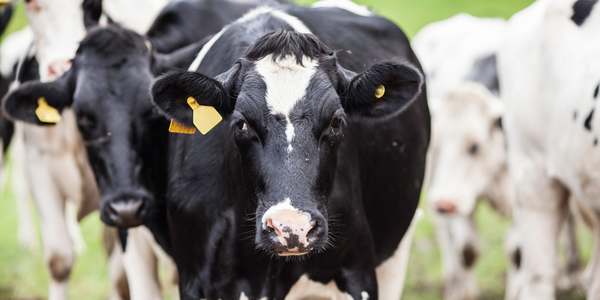
Differences Between Breast Milk and Cow’s Milk
Breast milk consists of 80% alpha albumins and 20% beta casein, whereas cow’s milk is composed of 80% alpha casein (a common allergen) and 20% beta albumins.

Alternatives to Cow’s Milk – Bioavailable Calcium and Proteins
Follow an Alkaline Diet
Eat lots of dark green leafy vegetables such as spinach, kale, and collard greens which are rich in vitamins, antioxidants and contain good levels of calcium. They are essential for everybody at all ages and should be eaten on a daily basis.
Almonds, sesame seeds, seaweeds, beans, green beans, and organic tofu are also healthy, easy to digest and are good options with a high calcium and protein content.
You can drink plant-based beverages like almond milk or others fortified with calcium which are excellent alternatives. Easily digestible and suitable for lactose intolerant individuals, they are ideal for those with dietary intolerances.
Benefits of Plant-based Milk:
- High in B vitamins, proteins, and healthy fats.
- Contains alkaline minerals like sodium and potassium.
- Lactose and casein-free.
- Ideal for people with slow digestion, constipation, diarrhea, or other intestinal issues.
- Helps maintain the alkaline body balance.
Plant based milks:
- Coconut Milk: Contains vitamins C, E, B1, B3, B5, B6, iron, selenium, sodium, calcium, magnesium, and healthy fats.
- Organic Soy Milk: Rich in proteins and isoflavones beneficial for hormonal balance in women.
- Almond Milk: Contains calcium, iron, magnesium, vitamin E, fiber, and is gluten-free.
- Oat Milk: Contains calcium, vitamin A, B12, proteins, and fiber.
- Hazelnut Milk: Rich in healthy fats, vitamin E, calcium, magnesium, iron, and antioxidants.
- Rice Milk: Light and easily digestible, gluten-free, with magnesium, iron, selenium, vitamin D and B12, and essential Omega 3 and 6 fatty acids.
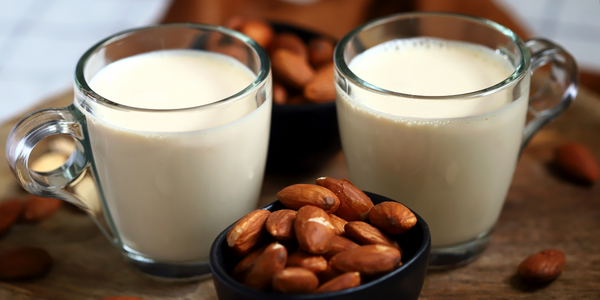
Take Care of Your Digestive Health
Include Vegan Kefir: Restores lasting balance to the microbiota, protects against gut inflammation caused by imbalanced intestinal microflora. Balances microflora and enhances mineral, vitamin, and protein abdsortion.
Take Phour Salts daily: Essential alkaline minerals with calcium, magnesium, sodium, and potassium that remineralize, improve the production of digestive enzymes, and extens the life of beneficial distal microbiota. Phour Salts improve digestion and nutrient assimilation.
